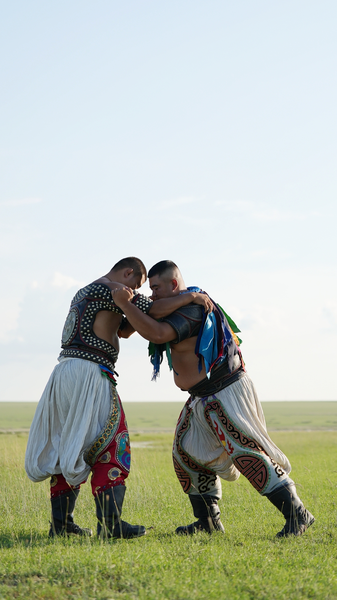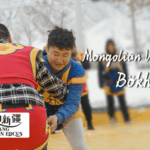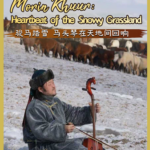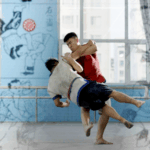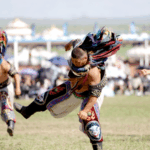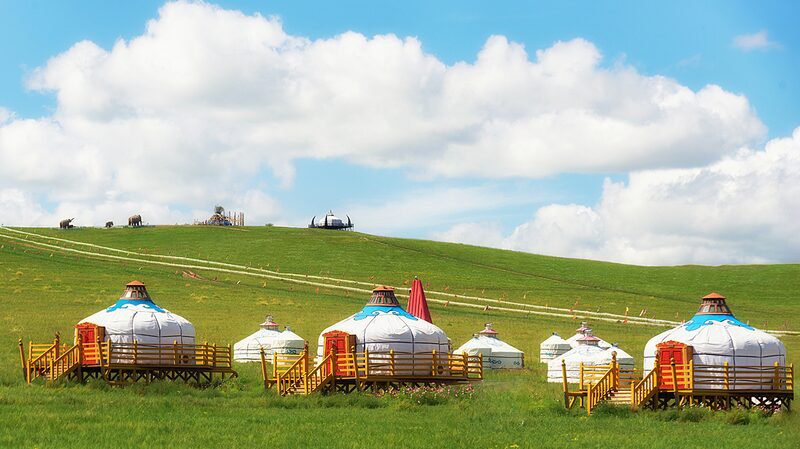On the vast grasslands of Inner Mongolia, 23-year-old Bayinmend has turned dusty pastures into his personal training ground for mastering Bökh, Mongolia's ancient wrestling tradition. For seven years, the determined athlete has driven over 50 kilometers daily to access the nearest professional training facility in Xilingol League's county stadium—a routine he calls "the price of passion."
Bayinmend's journey reflects both the challenges and resilience of preserving cultural heritage in modern China. "Bökh isn't just sport—it's our ancestors' wisdom made physical," he explains, referencing the 2,000-year-old discipline recognized as intangible cultural heritage. His upcoming debut at the Naadam Festival, Mongolia's "Three Games of Men" competition, marks a career milestone watched by thousands.
While regional authorities have increased support for traditional sports since 2020, athletes in remote areas still face infrastructure gaps. Bayinmend's story has sparked online discussions about balancing cultural preservation with rural development, drawing attention from sports historians and tourism planners alike.
Reference(s):
cgtn.com
